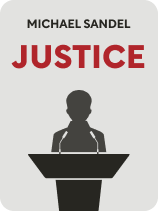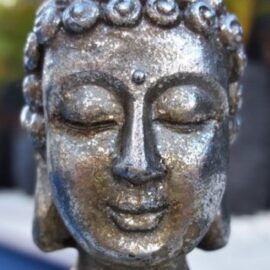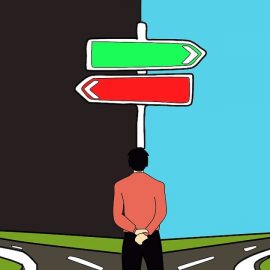

This article is an excerpt from the Shortform book guide to "Justice" by Michael Sandel. Shortform has the world's best summaries and analyses of books you should be reading.
Like this article? Sign up for a free trial here.
What is the Rawlsian approach to justice? How does Rawls’s conception of justice differ from Immanuel Kant’s?
John Rawls conceptualizes justice entirely in terms of reason. However, unlike Kant, who appeals to universal moral laws, Rawls focuses entirely on how a group of equally competent and entirely rational individuals would organize society.
Keep reading to learn about Rawlsian theory of justice.
The Original Position
20th-century American philosopher John Rawls tries to define justice in a way that he says any rational and self-interested person could agree with. To that end, Rawls creates a thought experiment he calls “the original position.” In the original position, everyone comes together as rational, self-interested equals to debate the definition of justice until they find one that everyone agrees with.
In this hypothetical, people don’t know the specific circumstances of their lives—things like wealth, religion, race, sexuality, and so on. This means people will argue for terms that apply fairly to everyone regardless of their circumstances. For example, in the original position, Tom doesn’t know how wealthy he is. Therefore, he won’t argue for terms that benefit the rich at the expense of the poor—for all he knows, he’s poor (or could become poor).
Rawls suggests that the original position results in two terms (or something similar to them):
- Everyone has guaranteed basic individual rights.
- Inequalities of power and money can exist, but only when they benefit the less fortunate (and the least fortunate most of all).
Term one ensures that nobody will be oppressed or denied freedoms for the benefit of others. Term two ensures that people can get ahead socially or economically, but not at the expense of leaving other people behind to suffer. Much like Kant, Rawls’s rules are universal—he believes that they can justly resolve any political question.
| Rawls and the Development of Modern Liberalism Rawlsian theory shows how liberalism evolved as it became the dominant global ideology in the late 20th century. He discusses two core tenets of modern liberalism: 1. Government institutions must strive to be value-neutral—liberals say government institutions (elections, courts, and so on) shouldn’t have specific political or ideological ends. Rawls’s original position follows this tenet, claiming that people unaware of their circumstances and beliefs would create the most just government institutions. 2. Private individuals should own capital and means of production—liberals disagree on how much the government should regulate capitalism, but they all agree that it should exist. Rawls’s defense of wealth inequality follows this tenet by claiming that it can be just for some people to own more than others.) |

———End of Preview———
Like what you just read? Read the rest of the world's best book summary and analysis of Michael Sandel's "Justice" at Shortform.
Here's what you'll find in our full Justice summary:
- A philosophical look at the goal of our society and its laws
- What a moral and just government and society look like
- Sandel's suggestions for how to create a more moral world






